Oh, pioneers
An award-winning history of the late 19th century Great Migration by Black Americans to the western Great Plains
An award-winning history of the late 19th century Great Migration by Black Americans to the western Great Plains
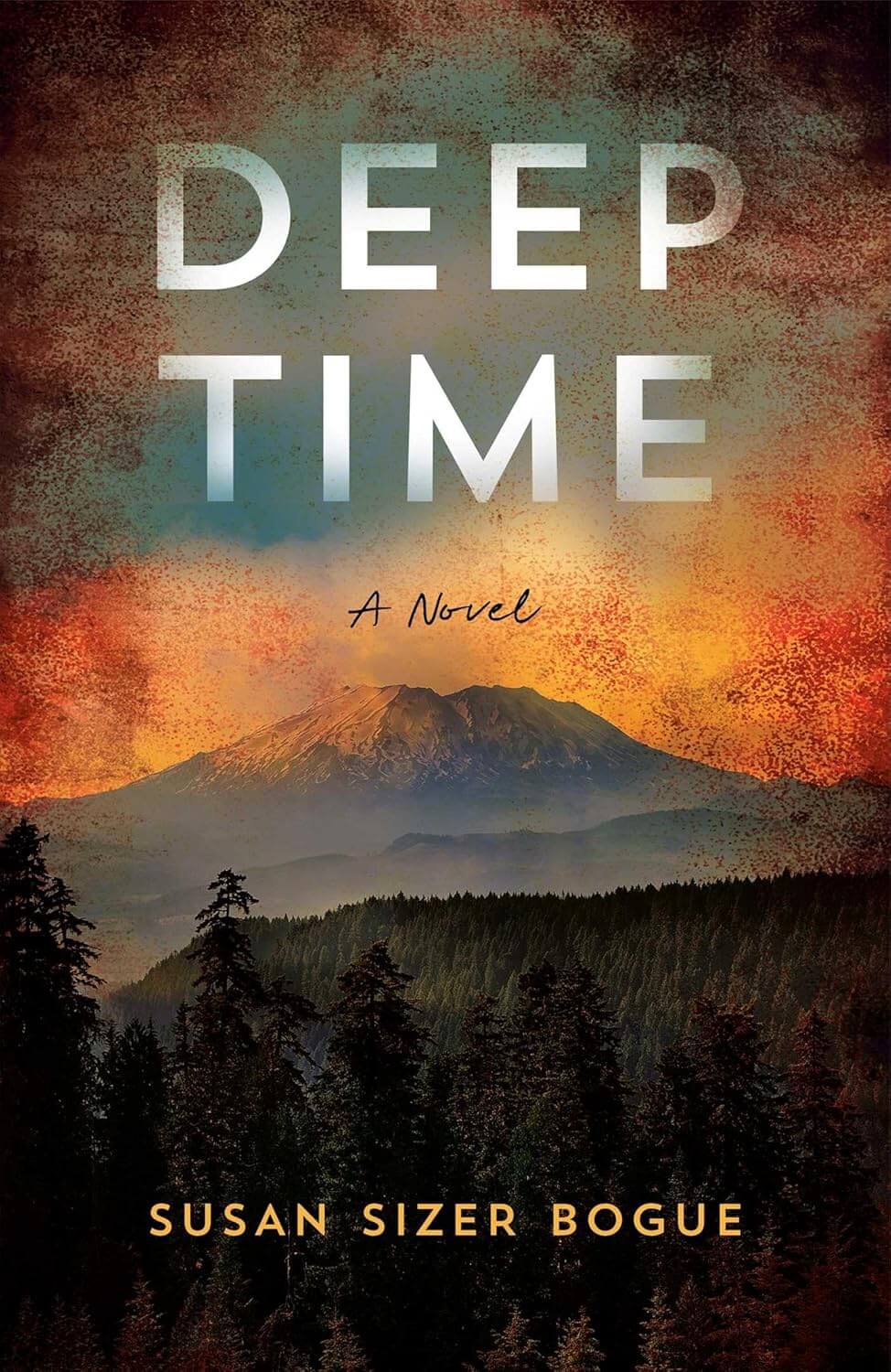
Novel combines love and adventure with Earth’s geologic history
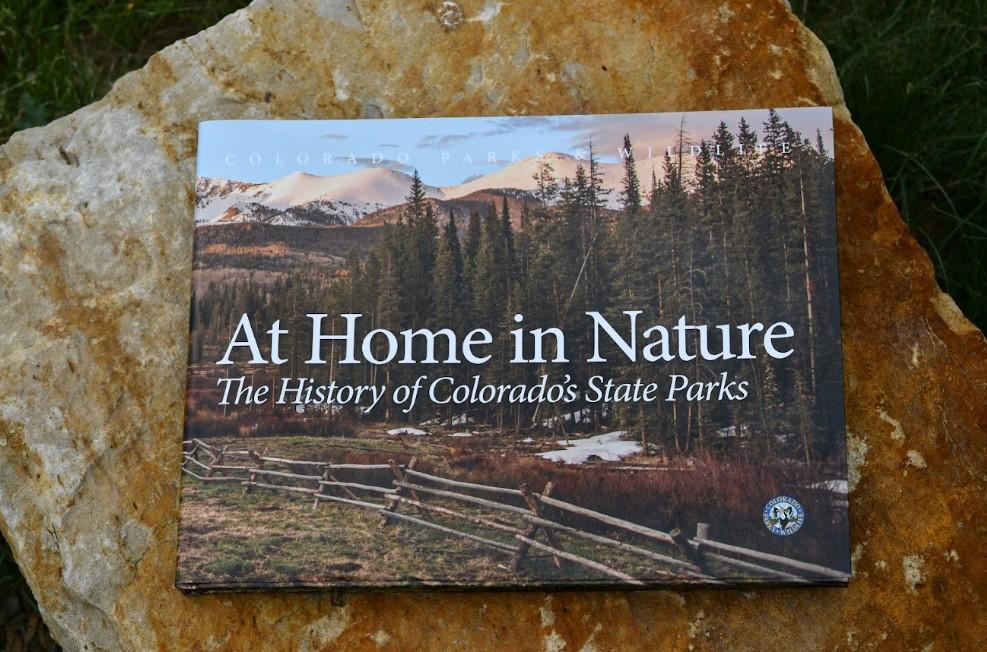
Colorado Parks & Wildlife coffee table book celebrates the state’s park system
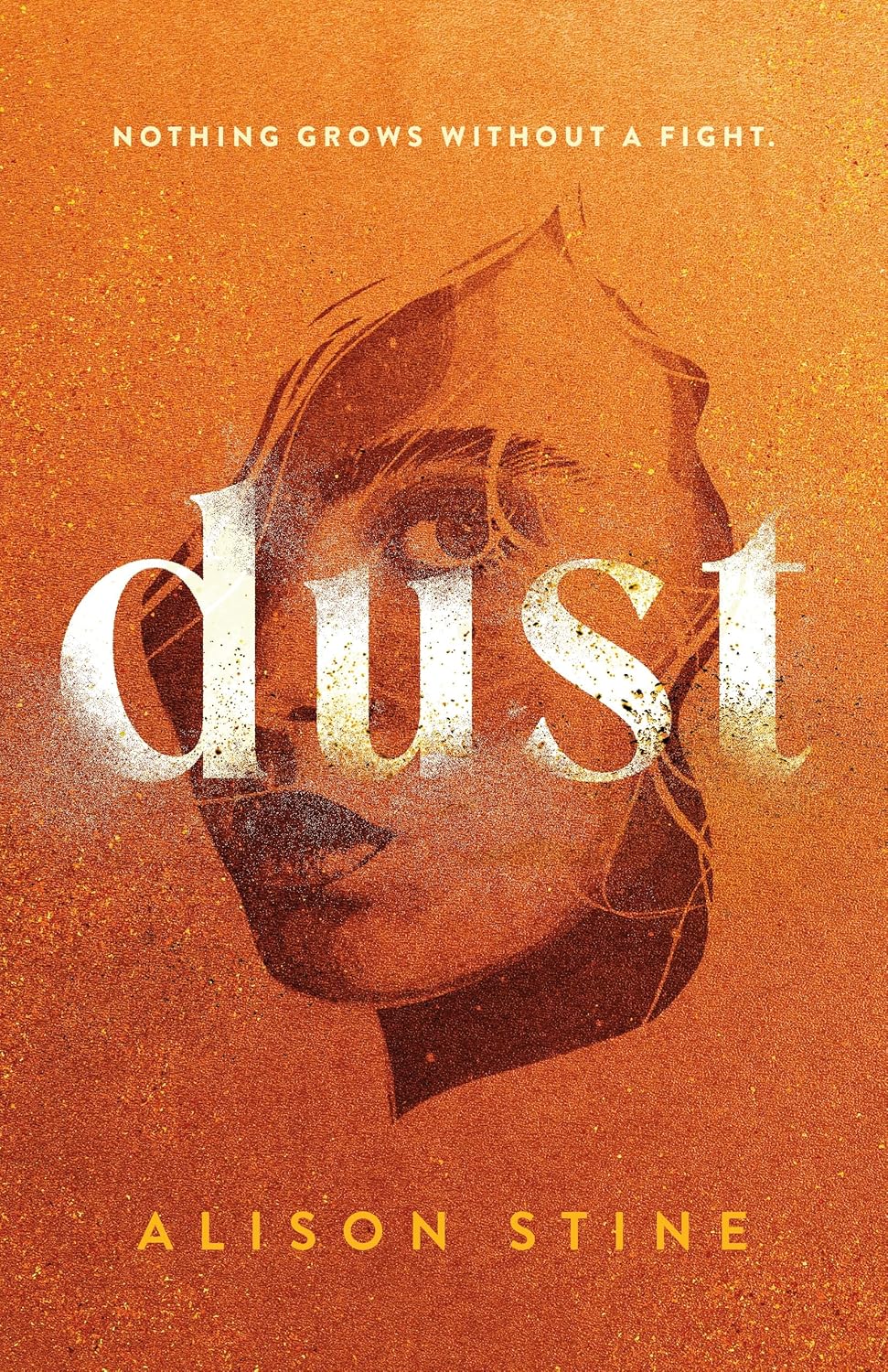
Young Adult novel Dust depicts a young girl’s challenges in windswept southeast Colorado
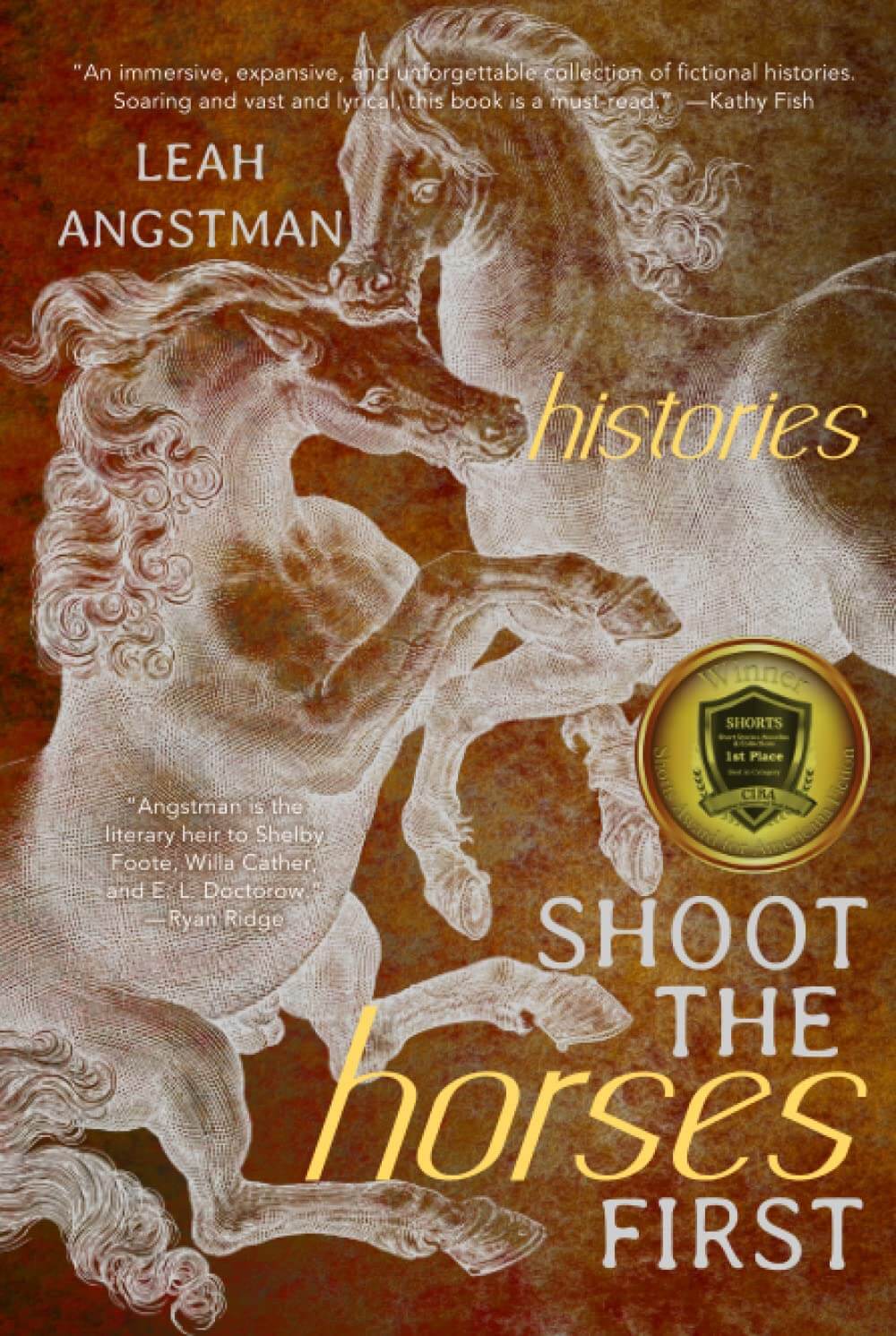
Boulder-based author visits life in early America through short fiction
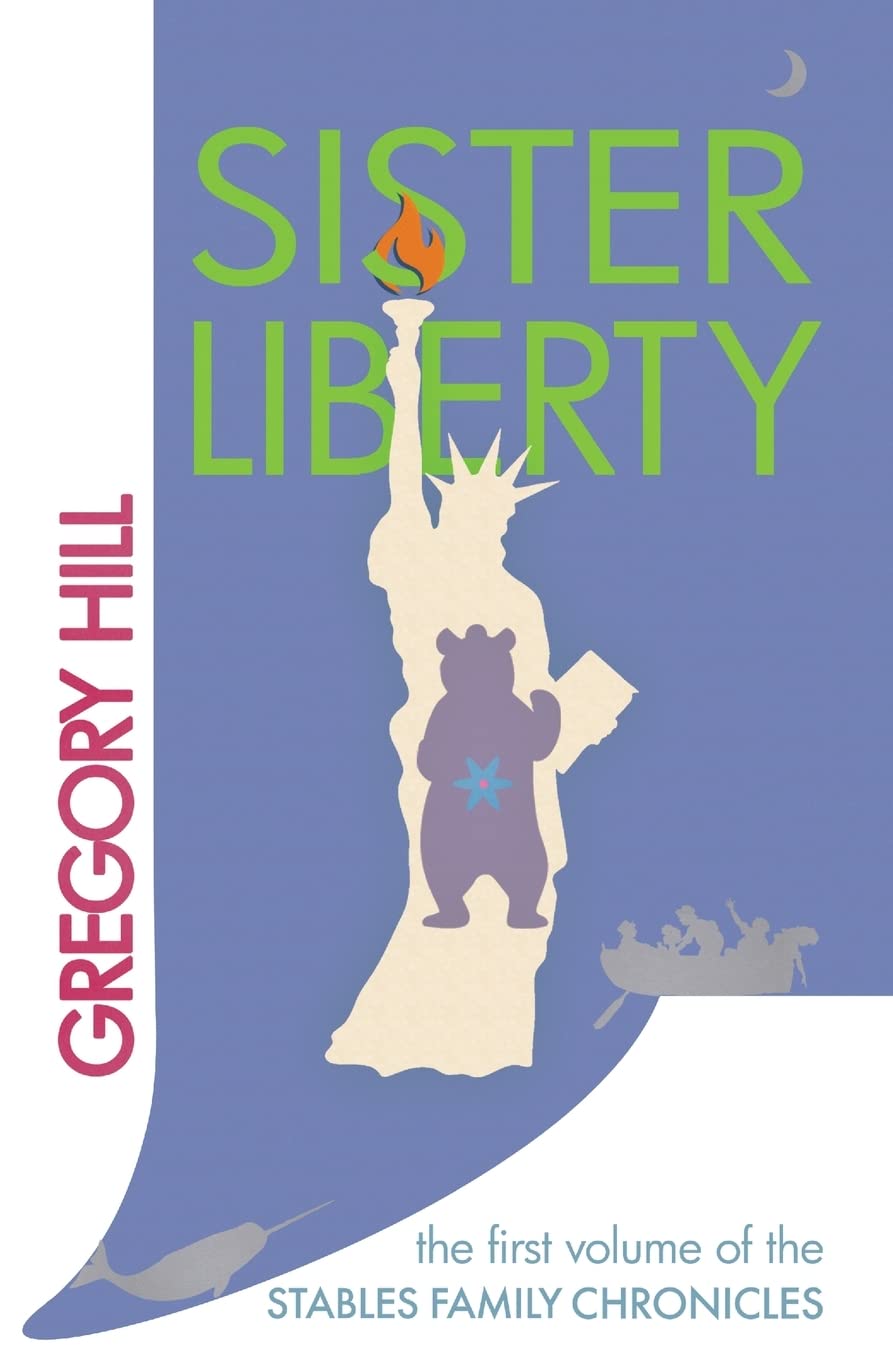
Honora, Gravity, Temperance and a bunch of wacky Hoosiers

An autobiography by football great, former Bronco Vernon Davis
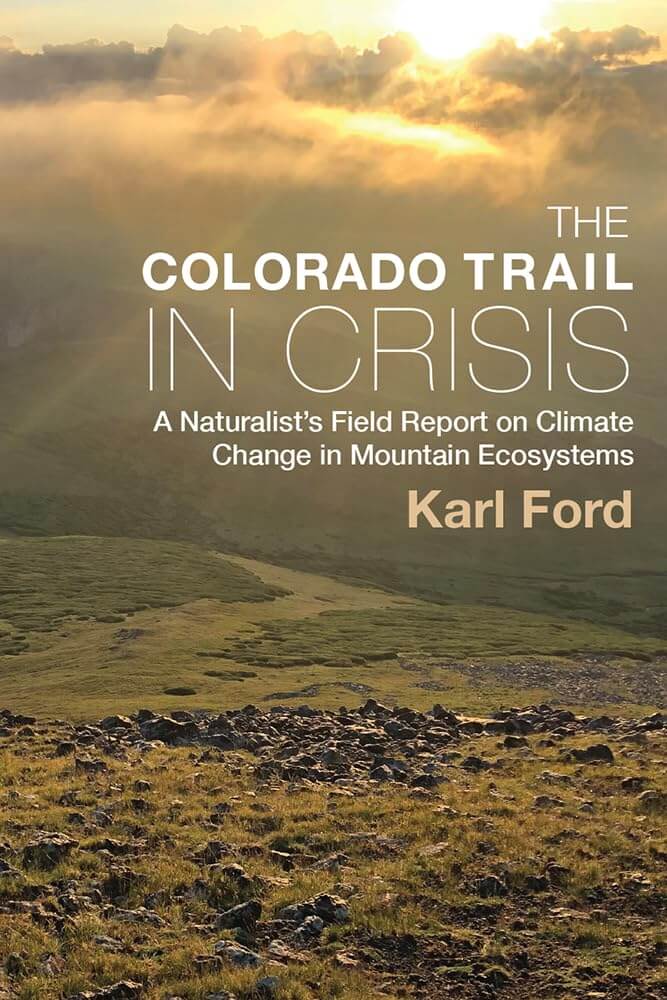
An environmental scientist reports on the effects of climate change on Rocky Mountain ecosystems
Deb Acord is a journalist and author from Woodland Park, Colorado. For decades, she wrote for The Colorado Springs Gazette, Rocky Mountain News, Denver Post and The Indy. At the Gazette, she was co-creator of Out There, a section devoted to the outdoors of Colorado. She is the author of Colorado Winter and Biking Colorado’s Front Range Superguide and has writtten car trend stories and environmental stories for Popular Mechanics.
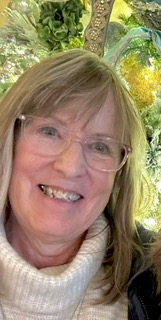
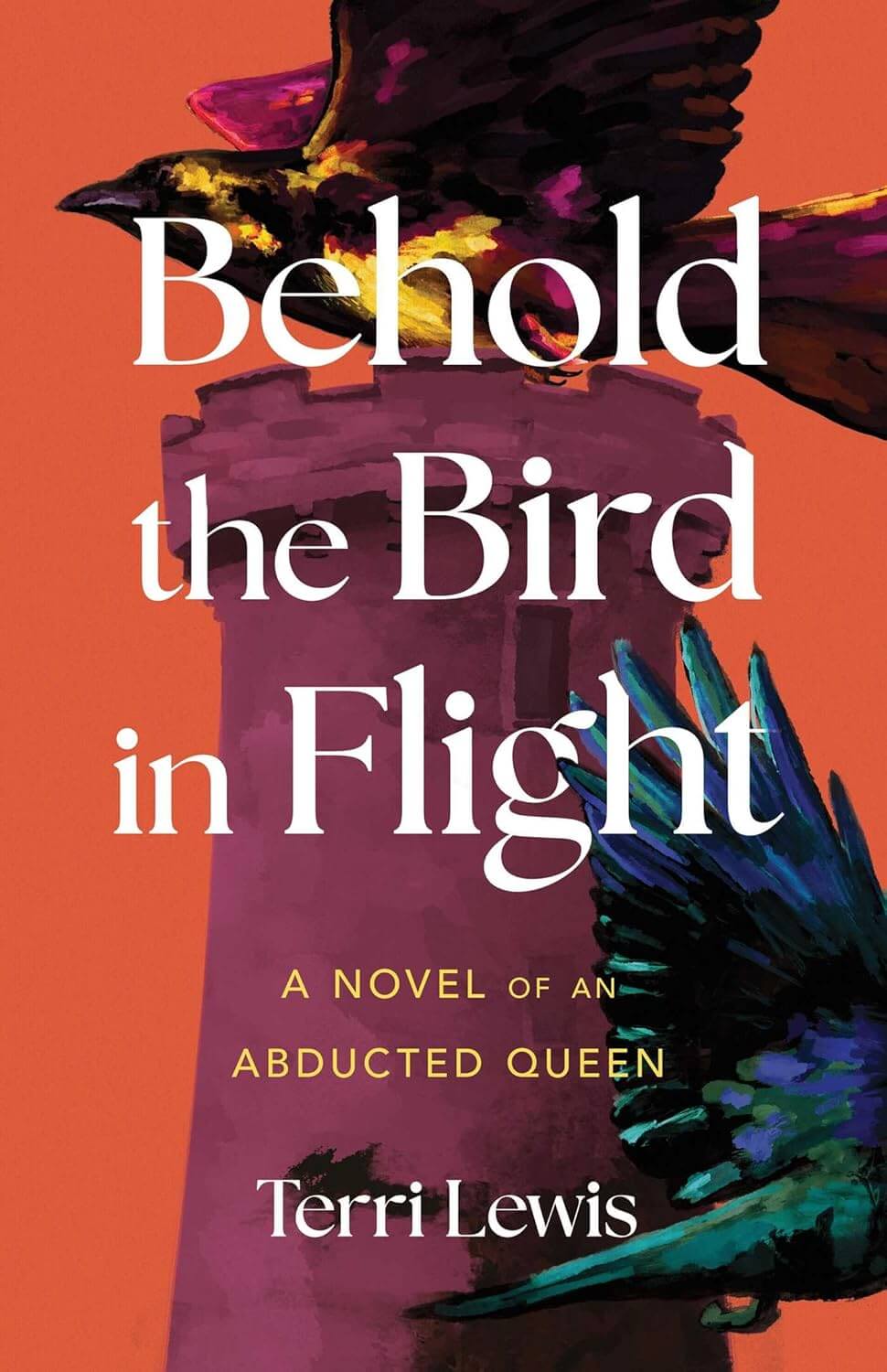
Terri Lewis grew up in Colorado, was a ballet dancer with a German opera company and worked in a circus. It may come a surprise, then, that her debut novel is about the life of Isabelle d’Angoulême, the 11-year-old French noble abducted by England’s King John (yes, that King John—the Magna Carta and all), taken back to England and made queen. As the novel progresses, we realize that Lewis is also a trained historian and an excellent researcher with a passion for medieval times.
The narrative is lively and compelling. Drawing on scant primary sources and historical records, Lewis creates Isabelle as a rich, complex character. Lewis renders Isabelle’s development from a silly child into an effective queen and independent agent able to direct her own destiny, thus fashioning a believable heroine immersed in a believably detailed world.
The story opens in 1198. Isabelle is betrothed to Hugh de Lusignan, who is appreciative of her future dowery but smitten with someone else. Isabelle senses that something is amiss and decides to play at courtly love by flirting with the Plantagenet king. King John, in turn, is smitten by young Isabelle and spirits her away. Her childish fantasies of true love and life in a beautiful castle are quickly dashed when she discovers how cruel her new husband really is. The narrative, while centered on Isabelle, offers the changing perspective of Hugh, and it incorporates the historically well-known characters, Eleanor of Aquitaine (John’s mother) and Richard the Lion Heart (John’s brother) as secondary characters in the Plantagenet drama.
As was the case with most noble women in the 12th and 13th centuries, Isabelle is initially a mere pawn for the men around her—expected to bring her husband a rich marriage settlement and then breed heirs. Learning from the formidable Queen Eleanor, as well as from the exceptionally strong women from the servant classes, this coming-of-age story reveals a more nuanced path than one might initially expect. Isabelle’s increasing autonomy and her growing skill at navigating the complexities of the court and surrounding society make for an exciting read. Although the last few chapters seem a bit rushed, this novel will charm fans of historical fiction and remind us all of the many lesser-known women who have shaped history and, thus, ourselves.
— Perrin Cunningham